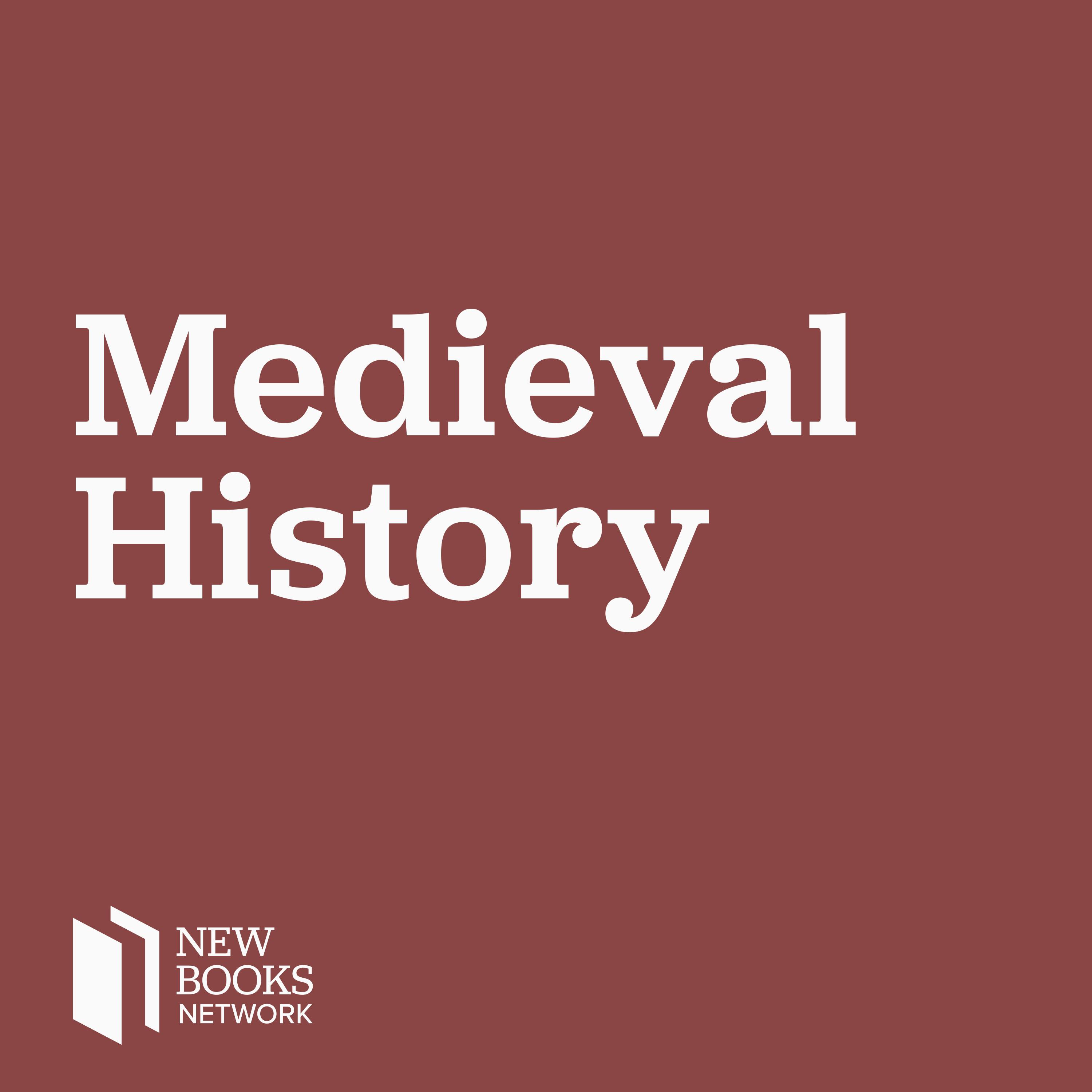Steve Tibble, "Crusader Criminals: The Knights Who Went Rogue in the Holy Land" (Yale UP, 2024)
Description
In Crusader Criminals: The Knights Who Went Rogue in the Holy Land (Yale University Press, 2024), Dr. Steve Tibble presents a vivid new history of the criminal underworld in the medieval Holy Land.
The religious wars of the crusades are renowned for their military engagements. But the period was witness to brutality beyond the battlefield. More so than any other medieval war zone, the Holy Land was rife with unprecedented levels of criminality and violence.
In the first history of its kind, Dr. Tibble explores the criminal underbelly of the crusades. From gangsters and bandits to muggers and pirates, Tibble presents extraordinary evidence of an illicit underworld. He shows how the real problem in the region stemmed not from religion but from young men. Dislocated, disinhibited, and present in disturbingly large numbers, they were the propellant that stoked two centuries of unceasing warfare and shocking levels of criminality.
Crusader Criminals charts the downward spiral of desensitisation that grew out of the horrors of incessant warfare—and in doing so uncovers some of the most surprising stories of the time.
This interview was conducted by Dr. Miranda Melcher whose new book focuses on post-conflict military integration, understanding treaty negotiation and implementation in civil war contexts, with qualitative analysis of the Angolan and Mozambican civil wars.
Learn more about your ad choices. Visit megaphone.fm/adchoices
More Episodes
During the early medieval Islamicate period (800–1400 CE), discourses concerned with music and musicians were wide-ranging and contentious, and expressed in works on music theory and philosophy as well as literature and poetry. But in spite of attempts by influential scholars and political...
Published 11/12/24
Filippo Gianferrari, "Dante's Education: Latin Schoolbooks and Vernacular Poetics" (Oxford UP, 2024)
In fourteenth-century Italy, literacy became accessible to a significantly larger portion of the lay population (allegedly between 60 and 80 percent in Florence) and provided a crucial means for the vernacularization and secularization of learning, and for the democratization of...
Published 11/06/24
Published 11/06/24


